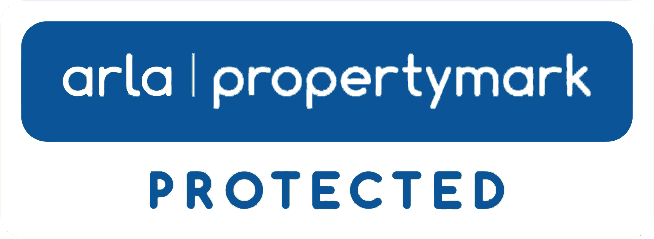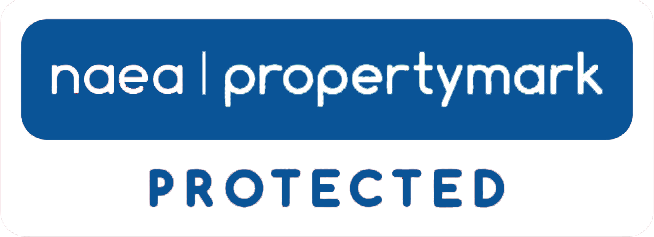
While fixed mortgage rates may be showing a slight decline, they still remain relatively high for property buyers and those looking to remortgaging. Here's a guide on how to secure the best possible deal when taking out a new mortgage.
For many homeowners, there is cause for concern regarding the current mortgage market. The increasing interest rates have driven mortgage costs to a concerning level.
These are uncertain times for homeowners. If you are about to remortgage in the coming weeks, you might be faced with the prospect of transitioning to a deal that is significantly more expensive than your current one.
However, if you are planning ahead and have six months or more remaining on your current deal, or if you're considering the pros and cons of entering the property market or moving within the next year, there are steps you can take to put yourself in a good position and ensure you qualify for the best mortgage deals.
First, some good news is that mortgage lenders have started reducing their rates. The reductions may not be substantial, but progressively, more lenders, led by institutions like HSBC, TSB, and Nationwide, are trimming their rates.
Barclays recently joined the ranks of these major lenders by reducing some of its fixed rates, hinting at increased competition in the mortgage market.
Ben Tadd, Director at Lucra Mortgages, commented on this trend, saying, "The mini-rate war in the residential mortgage market appears to be continuing, with the main six lenders in the market having all now slashed their fixed-rate offerings. This is now likely to force smaller lenders to follow suit and drop their prices to stay in touch with the competition."
For Remortgagers:
Looking into remortgaging options early:
Set a calendar reminder for six months prior to your mortgage deal's expiration to begin exploring potential remortgage options. This allows you to secure a new deal now and switch seamlessly when your current deal ends, avoiding early repayment charges and the more expensive lender's standard variable rate.
Consider over paying your mortgage:
If you currently pay low rates, consider overpaying your mortgage if you can. Most lenders permit overpayments of up to 10%, reducing your loan size and potentially granting access to lower loan-to-value deals when you remortgage.
Consult a whole-of-market mortgage broker:
Seeking advice from an independent mortgage adviser can be highly beneficial. They can compare deals from various lenders to find the best one for your situation, potentially saving you a substantial amount of money.
For Home buyers:
Carefully assess your property budget: Given the current higher mortgage rates compared to recent years, it's crucial to ensure that you only take out a mortgage you can comfortably afford. Analyse your income and expenses to determine a realistic monthly payment and account for unexpected costs.
Monitor the local property market:
Stay informed about local property market conditions by bookmarking property websites and signing up for alerts. Prices can vary across regions, so keeping an eye on developments in your desired area is essential.
Use a mortgage broker:
If you're buying a home, expert guidance is invaluable, especially if it's your first time navigating the mortgage process. A mortgage broker can demystify the terminology, help with required documentation, and ensure you apply for deals tailored to your needs, reducing the risk of rejected applications that can harm your credit score.
By following these tips, you can navigate the challenging mortgage market to secure the best possible deal for your financial situation, whether you're looking to remortgage or buy a new home.








